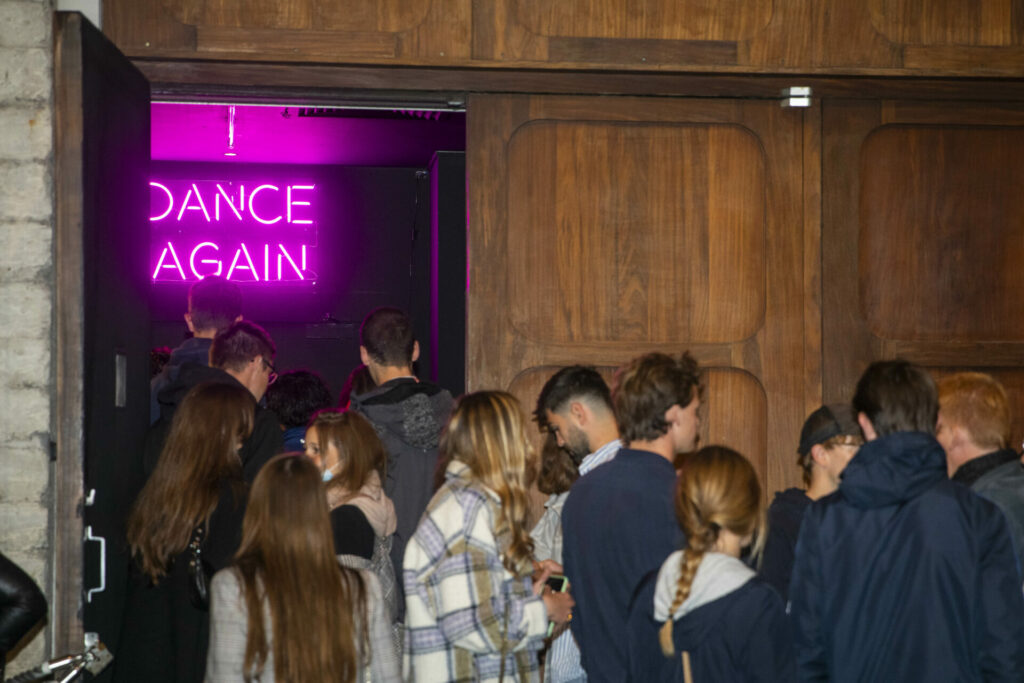Fridays are for dancing, but not on Good Fridays in Germany, where busting a move is prohibited under German law.
Anyone thinking this is a belated April Fool's joke might be forgiven, but on certain days of the year, dancing is forbidden by law in Germany, a country famous for its techno clubs and all-nighter raves.
Good Friday, this year celebrated on 7 April, is considered to be one of the most important "silent days" for Christians in Germany. These silent days aim to encourage an attitude of religious reflection.
Dancing and merrymaking are seen to be out of step with this moment of reflection, leading to a dancing ban (or "Tanzverbot"). This was enshrined in Article 140 of the German constitution, which provides for days of "labour peace and spiritual uplift."
Other public events, sports competitions and even some film screenings are also suspended. In addition to Good Friday and Holy Saturday, the ban on dancing also applies in some of Germany's federal states on other commemorative and public holidays, such as Christmas Eve.
Who cares?
The exact regulations concerning "silent holidays" varies by state: for example, dancing is banned all day on Friday and Saturday in the more Catholic Bavaria; while in Berlin the ban is only in force between 04:00 in the morning to 21:00 on Good Friday.
Anyone who violates the ban on dancing technically commits an administrative offence – the fine for which varies depending on the state. In Baden-Württemberg, for example, this can be up to €1,500, while pubs in Bavaria can expect fines of up to €10,000.
Only the organisers of a party must pay a fine – the law doesn't affect playing music at home.
A 2017 government poll showed that a slight majority of Germans think the dance ban is a good thing. But support came primarily from the older population and as religion's influence on society diminishes, the ban has become increasingly contested.
Related News
- New concert venue to come to Brussels in 2024
- Banks and post offices to remain closed on Good Friday
Many people who don’t feel attached to Christianity question whether a country with religious freedoms should have holidays and bans on public behaviour based on religion.
Every year on silent days, sceptics, including the country's Pirate Party, organise defiance dances in front of public or religious buildings. Others, especially young people, aren't even aware of the ban and will still go out partying to celebrate the start of the weekend.

